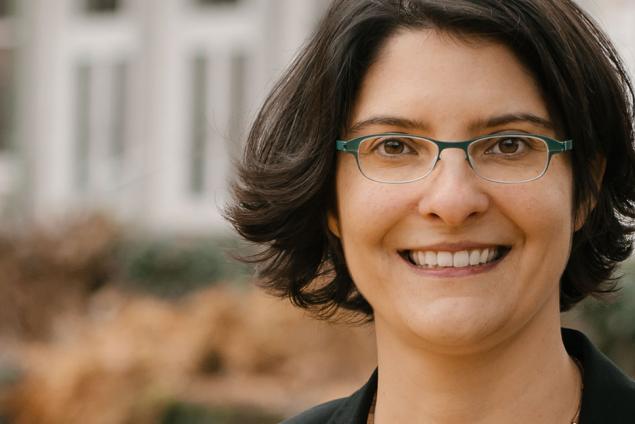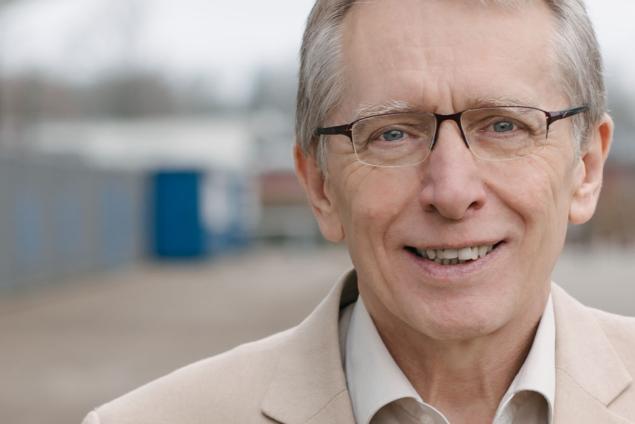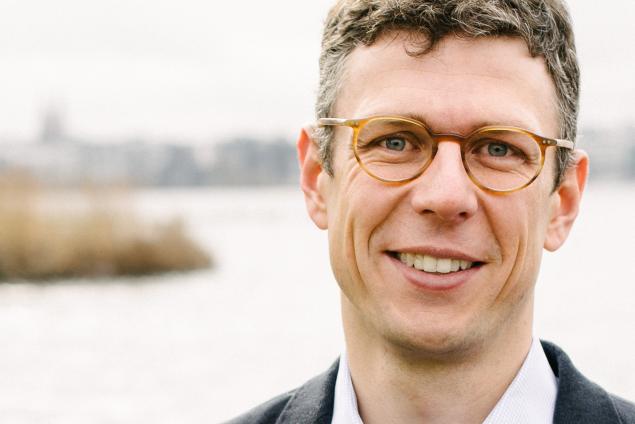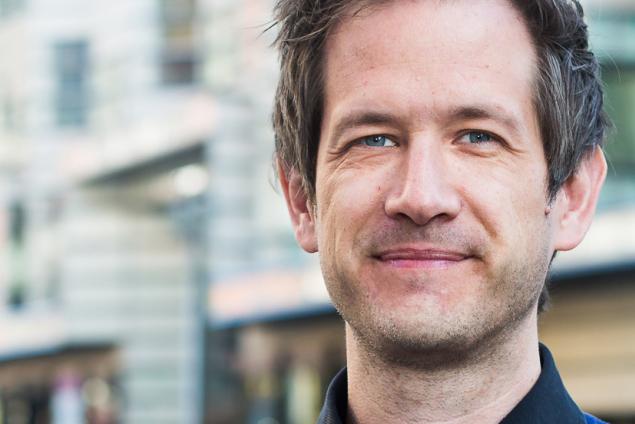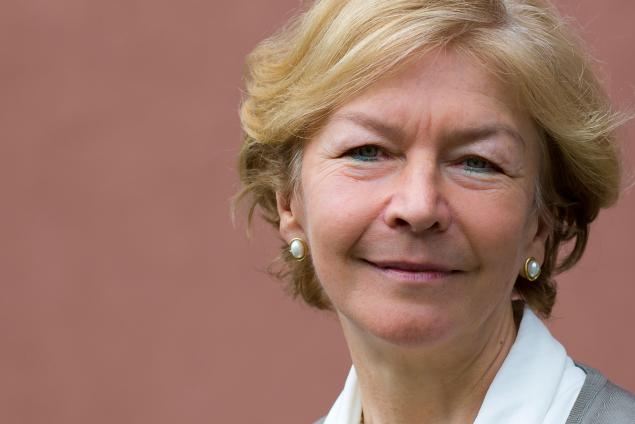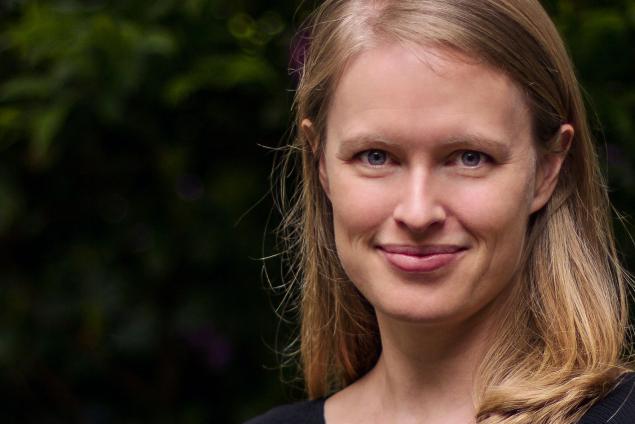Scroll to Section:
During the refugee crisis of 2015, about 1.5 million refugees entered the European Union. LUDGER PRIES examined how it was possible that this massive inflow of people was managed relatively successfully. In particular, he researched how different actor groups, from volunteers and leftist activists to the police, worked closely together. Employing an organizational network analysis in five Mediterranean countries, as he describes in this video, his research group added to existing studies a view that shows how different actors in the refugee crisis were intertwined on the level of organizations. Interestingly, they found that these networks were very heterogeneous and not homogeneous as is commonly assumed in organizational networks. This can be explained by the special context of refugee protection.
DOI:
https://doi.org/10.21036/LTPUB10552
Institution
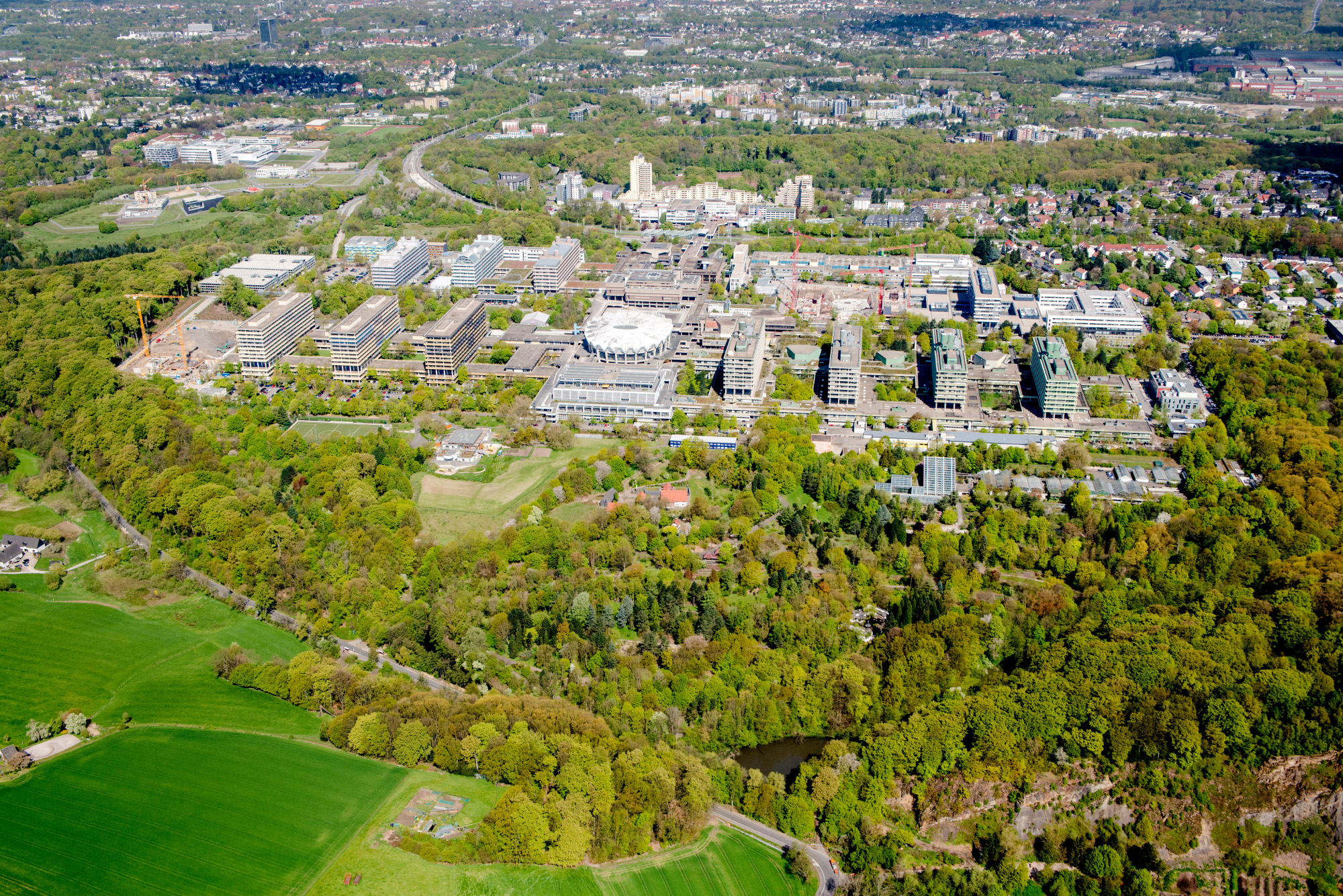
Ruhr University Bochum (Ruhr-Universität Bochum)
Located in the midst of the dynamic, hospitable metropolitan area of the Ruhr, in the heart of Europe, the Ruhr-Universität Bochum (RUB) with its 20 faculties, RUB’s disciplinary institutional units, is home to 5,600 employees and over 41,000 students from 130 countries. All the great scientific disciplines are united on one compact campus.The RUB is on its way to becoming one of the leading European universities of the 21st Century. Almost all courses are offered as Bachelor and Master degree programmes. Our excellence programmes have made themselves an international name: RUB Research School as an international college for structured doctoral research in the life sciences, natural sciences, engineering, the humanities and social sciences; the Cluster of Excellence RESOLV (Ruhr Explores Solvation); interfaculty and interdisciplinary Research Departments, which are mutually, nationally and internationally networked, sharpen the profile of the RUB. Added to this is an unsurpassed programme for the promotion of Early Career Researchers, and an excellent infrastructure. What makes it all come alive is the people who meet on campus with their thirst for knowledge, their curiosity, and their commitment. They help shape the RUB and their open-mindedness makes the RUB an attractive place for people from around the world. (Source: RUB)
Show more
Original publication
Refugees, Civil Society and the State. European Experiences and Global Challenges
Published in 9998Reading recommendations
Das Bundesamt in Zahlen 2016. Asyl
Published in 2016Refugee Policy in the European Union. Protect Human Rights!
WISO-Diskurs
Published in 2016
Refugee: Transforming a Broken Refugee System
Published in 2017The New Odyssey. The Story of Europe's Refugee Crisis
Published in 2016Beyond the Migration and Asylum Crisis. Options and Lessons for Europe
Published in 2017Migration und Ankommen. Die Chancen der Flüchtlingsbewegung
Published in 2016Beyond
A Ground-breaking Scientific Revolution
An Alarming Challenge for Society
If I Had a Second Life
A Personal Reading Recommendation
